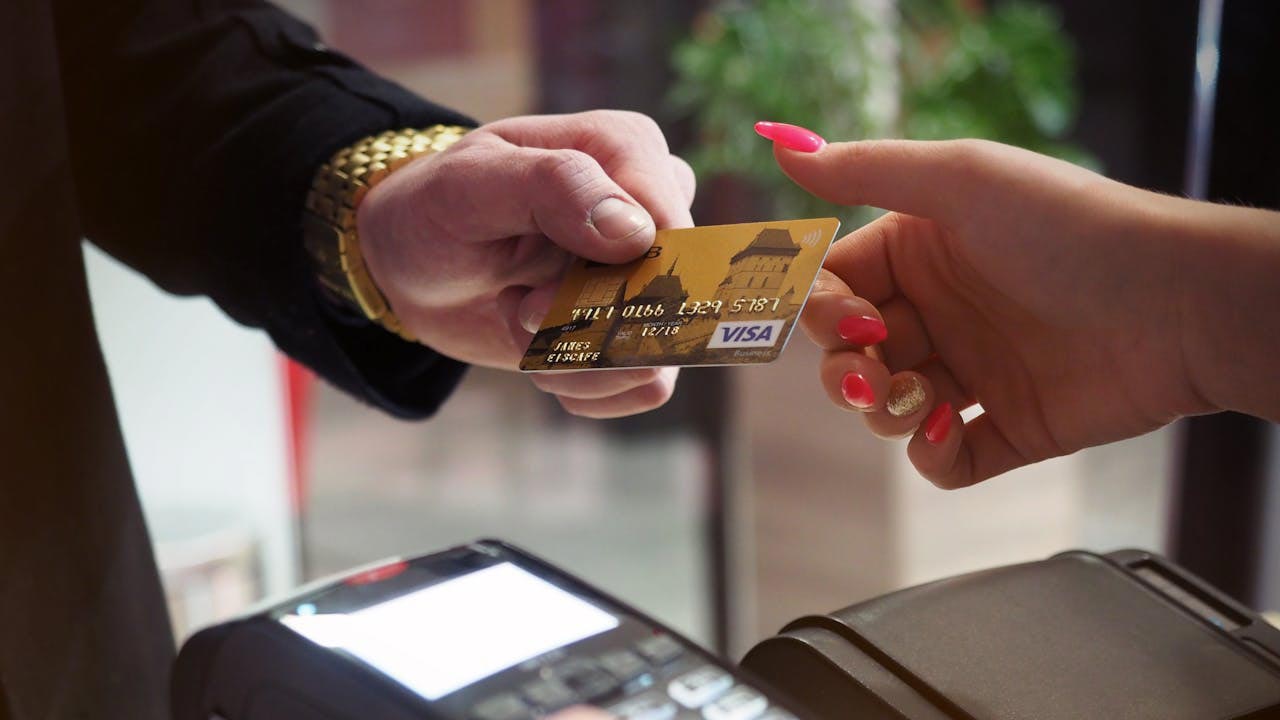In the realm of everyday transactions, the debate between credit cards and debit cards often centers on safety and security. While both types of cards offer convenience, they differ significantly in terms of fraud protection, liability, and consumer rights. Understanding these nuances can help you determine which card offers superior safety for your financial needs.
Understanding Fraud Protection

Liability Limits
When it comes to liability for unauthorized transactions, credit cards and debit cards are subject to different federal laws. Credit cards are protected under the Fair Credit Billing Act, which typically limits your liability to $50 for unauthorized use. In contrast, debit cards fall under the Electronic Fund Transfer Act, where liability can be much higher if fraud is not reported promptly. If you report a lost debit card within two business days, your liability is capped at $50, but waiting longer can increase it significantly.
Fraud Detection and Alerts
Banks and card issuers employ various tools to monitor for fraudulent activities. Credit cards often have more robust fraud detection systems, including real-time alerts and notifications to help mitigate risks. Many banks offer mobile and email alerts that notify you of suspicious transactions, a feature that is increasingly standard across both credit and debit cards. However, the speed and efficiency of these alerts can vary, making it essential to understand the resources available from your specific card issuer.
Dispute Resolution
When disputing fraudulent charges, credit card users often find the process more straightforward. Credit card companies typically offer temporary credits to your account while they investigate disputes, minimizing financial disruption. On the other hand, resolving fraudulent debit card transactions can leave your bank account exposed, as funds are directly withdrawn. The time to process and resolve disputes can vary, but credit card users often experience faster outcomes.
Consumer Protections and Rights

Chargeback Rights
Chargebacks provide a valuable safety net for credit card users. This process allows consumers to dispute a charge and potentially get their money back if they are unhappy with a purchase or did not authorize a transaction. Debit card users, however, have limited recourse and may struggle to reclaim funds once they have been deducted from their accounts. The difference in chargeback rights highlights a significant advantage of using credit cards.
Purchase Protection
Credit cards often come with additional protections like extended warranties and purchase protection. These benefits can enhance consumer safety and provide peace of mind, especially for high-value purchases. For instance, if an item bought with a credit card is damaged or stolen within a specific period, purchase protection can offer reimbursement. Debit cards rarely offer these benefits, making credit cards a more appealing option for significant transactions.
Travel and Rental Car Insurance
Many credit cards include travel and rental car insurance, providing coverage for accidents or theft while traveling. This insurance can offer considerable savings and security when renting cars or traveling abroad. Debit cards generally lack these benefits, requiring consumers to purchase separate insurance or risk traveling with less protection. Reviewing the insurance benefits associated with your card can be crucial for ensuring financial security during travel.
Financial Impact of Fraud

Immediate Access to Funds
Debit card fraud can have an immediate and distressing impact on your bank account since funds are directly withdrawn. This can disrupt your ability to pay bills or make purchases. In contrast, credit card fraud affects your available credit but does not impact your actual bank balance. This distinction highlights the importance of choosing the right card for your financial transactions.
Time to Resolve Disputes
The time it takes to resolve disputes can vary significantly between credit and debit cards. Credit card disputes are often resolved more quickly, with temporary credits issued during the investigation. Debit card disputes, on the other hand, can take longer, leaving your funds tied up and inaccessible. This delay can strain your financial situation, especially if you rely on those funds for daily expenses.
Credit Score Implications
Fraudulent activities can affect your credit score, especially if left unresolved. However, using credit cards responsibly can help build and improve your credit score over time. Credit card companies report your payment history to credit bureaus, impacting your credit score positively if managed well. Debit card usage does not typically influence your credit score, making credit cards a more strategic choice for those looking to enhance their credit profile.
Risk Management and Best Practices

Choosing the Right Card for Different Transactions
Deciding whether to use a credit card or debit card depends on the context of the transaction. For online shopping and large purchases, credit cards often offer better protection and benefits. Travel expenses and rental cars are also generally safer with credit cards due to included insurance. Conversely, for everyday small purchases, a debit card might suffice, provided you are vigilant about monitoring your account for any unauthorized activity.
Security Features
Both credit and debit cards come equipped with security features like EMV chips and contactless payments. These technologies enhance card security by making it harder for fraudsters to clone cards. Staying informed about these advancements and utilizing them can significantly reduce your risk of fraud. Always ensure your card issuer provides these features and consider upgrading if they do not.
Personal Responsibility and Vigilance
Regardless of the card type, personal responsibility plays a crucial role in preventing fraud. Regularly monitoring account statements and setting up alerts can help you catch unauthorized transactions early. Safeguarding your card information, using secure websites, and staying cautious with unfamiliar vendors are all essential practices. By staying proactive and informed, you can better protect your financial well-being.
For more insights on card safety, you can explore real-world examples on Reddit, compare financial services on Yahoo Finance, or learn from the Idaho Attorney General’s insights on card safety.








Leave a Reply